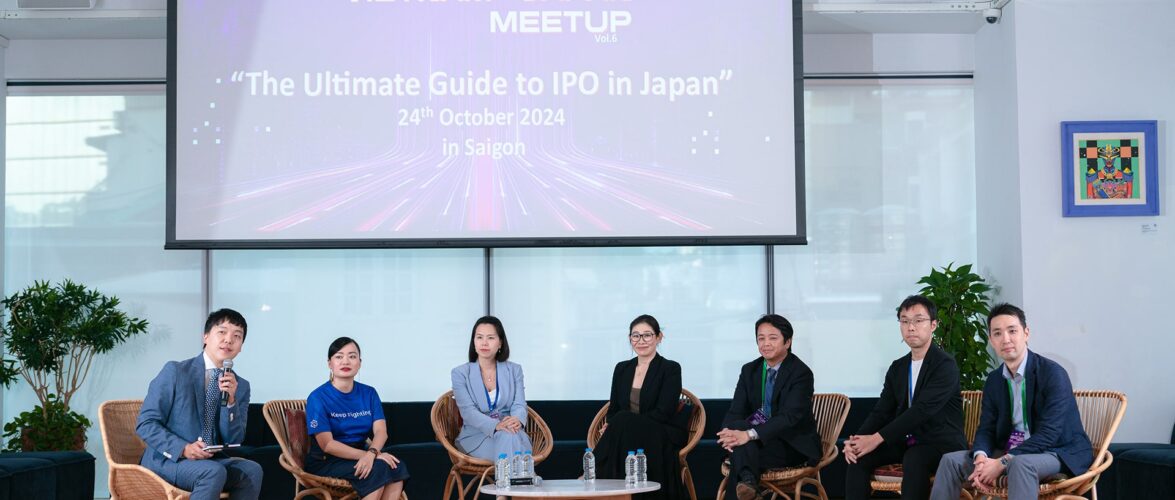by Edielyn Mangol, Reporter
Philippine digital bank Tonik has taken a landmark step in its growth trajectory, becoming the first company from the Philippines to be accepted into the Tokyo Stock Exchange (TSE) Asia Startup Hub. The selection, announced on September 25, 2025, signals Tonik’s deepening ambition to eventually list on Tokyo’s markets — potentially through a full Initial Public Offering (IPO).
This milestone is more than just symbolic. It marks a bold new chapter not only for Tonik but also for the Philippine banking and fintech industry, underscoring how local players are beginning to enter the radar of international investors.

By joining the program, the digital bank gains access to mentorship, regulatory guidance, and exposure to Japan’s sophisticated capital markets — key resources that could accelerate its IPO readiness.
The move also illustrates a growing trend among Southeast Asian fintechs that are diversifying their funding strategies and exploring listings outside traditional U.S. and regional hubs like Singapore.
Tonik: Building bridges to global capital
Launched by the Tokyo Stock Exchange, the Asia Startup Hub serves as a bridge between high-potential Asian startups and Japan’s deep pools of capital. For Tonik, participation is both a validation and a strategic opportunity.

“Being the first Philippine company in the program highlights Tonik’s pioneering role in digital banking and validates the maturity of its business model,” a financial analyst familiar with the development said. “It’s a sign that Philippine fintech is starting to be recognized on the global stage.”
For Japanese investors, the Philippine digital bank’s inclusion signals growing confidence in Southeast Asia’s digital finance ecosystem — an emerging market that promises both growth and diversification.
The program offers strategic support that can prove vital in Tonik’s IPO journey, including access to advisory services, investor introductions, and regulatory insights.
For a digital bank operating in one of the region’s most competitive and tightly regulated environments, these tools could be crucial in scaling operations while maintaining compliance with international standards.
A roadmap to Tokyo

Tonik has articulated a clear roadmap toward a Tokyo IPO within the next three years. The plan reflects a deliberate strategy to secure sustainable capital while reinforcing its reputation as a regional player with global credibility.
Digital banks, by design, operate in capital-intensive models. To expand lending portfolios, meet regulatory requirements, and develop new services, steady access to funding is essential.
Tokyo — home to one of the world’s largest and most liquid exchanges — offers thedigital bank a stable environment with strong institutional participation and investor appetite for innovation.
Unlike Western markets that are often saturated with fintech listings, Japan offers unique positioning and potential for higher valuations, particularly for first-mover players like Tonik.
Strengthening the Philippine banking landscape

For the Philippine financial sector, Tonik’s achievement represents a breakthrough in international market visibility. It signals that local digital banks can aspire to global standards of governance, transparency, and innovation — qualities that can help attract more foreign capital into the country’s financial ecosystem.
Tonik’s improving financial performance also suggests it is steadily moving toward profitability. By trimming losses and expanding revenue streams, the neobank is demonstrating operational maturity. This progress will be key in convincing international investors that its IPO represents genuine growth potential rather than a mere exit strategy for early backers.
Moreover, Tonik’s strong foothold in the Philippines — where nearly half of adults remain unbanked or underbanked — underscores the vast opportunity it continues to serve. Its digital-first model, anchored on accessibility and convenience, reflects the broader shift toward financial inclusion that is reshaping the local banking landscape.
Challenges and rewards ahead

Still, listing on a foreign exchange poses challenges. Japan’s financial markets are known for strict governance and compliance standards, requiring Tonik to strengthen internal controls and align with international accounting practices.
The learning curve will be steep, but success would position Tonik as a benchmark for corporate governance in the Philippine fintech space.
Investor perception also presents a hurdle. Tonik must build awareness among Japanese investors who may be less familiar with the Philippine financial environment. Effective storytelling — through roadshows, partnerships, and consistent communication — will be crucial in bridging that gap.
Currency and market risks also come into play. Tonik earns in pesos but could raise funds in yen, exposing it to foreign exchange volatility. Managing these dynamics will require sophisticated hedging and financial planning.
Market positioning

Despite the challenges, Tonik’s inclusion in the TSE Asia Startup Hub sends a clear signal: Philippine fintech is ready for the global stage.
The move strengthens the country’s image as a hub of digital banking innovation in Southeast Asia and could pave the way for other startups to follow. As more local players seek to integrate with global capital markets, Tonik’s journey could serve as a blueprint for international expansion.
Ultimately, Tonik’s Tokyo ambitions go beyond raising capital — they represent a vision for transforming the Philippines’ place in global finance. If successful, Tonik will not only redefine its own trajectory but also inspire a new generation of Filipino innovators to think globally while building at home.








